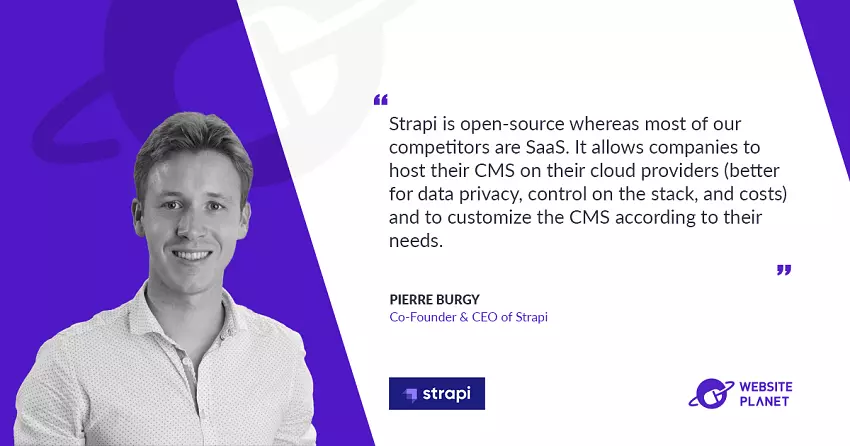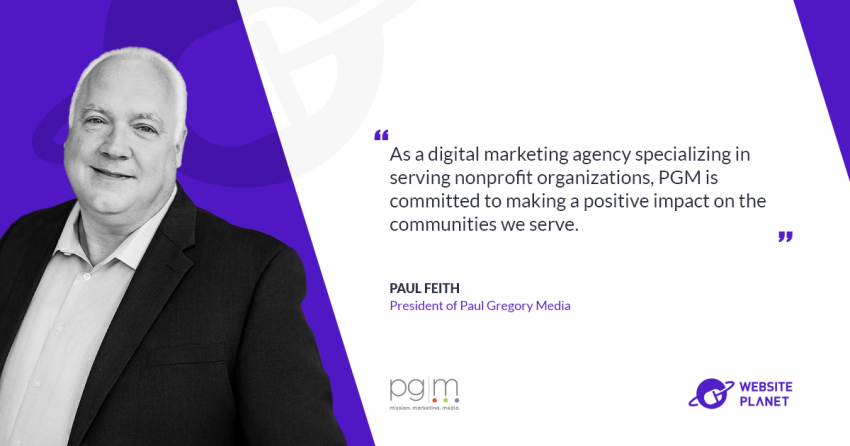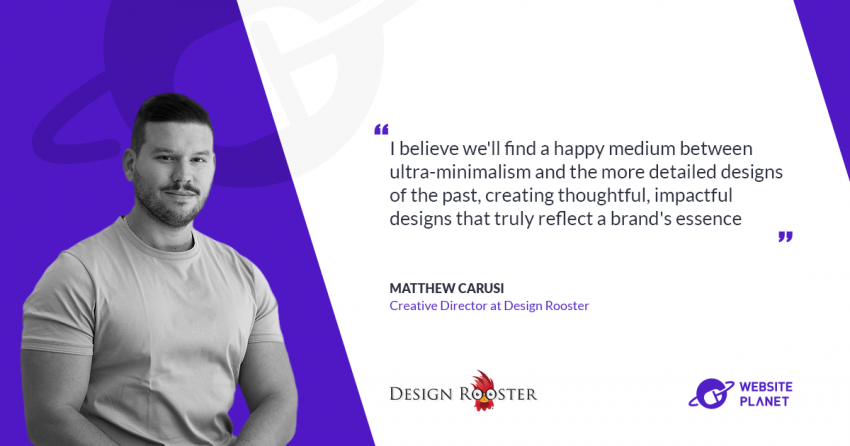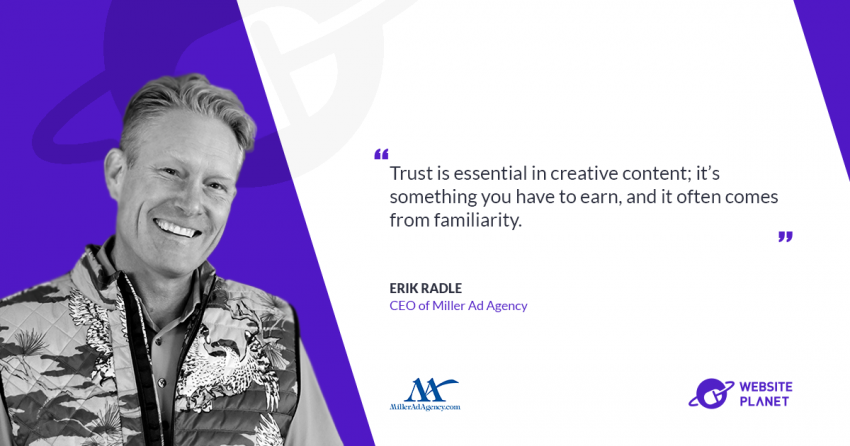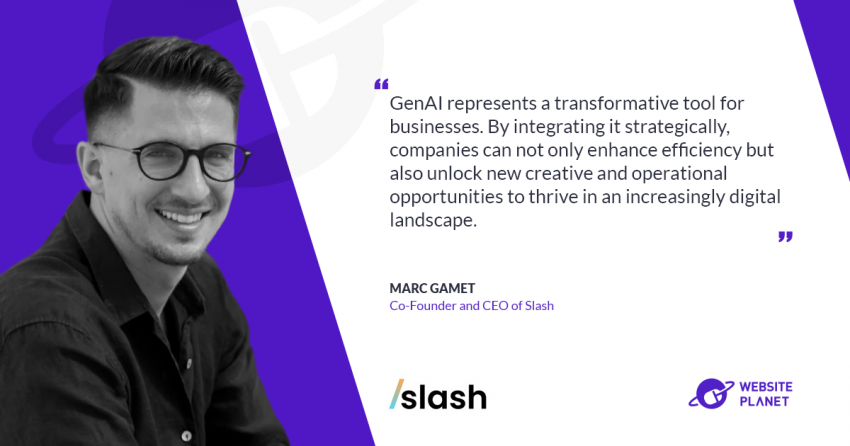This week, we had the opportunity to speak with Pierre Burgy, Co-Founder and CEO of
Strapi, an open-source headless CMS solution that helps you create and manage your own API. We discussed their beginnings, what are their typical customers, and what separates them from other similar companies.
What is Strapi?
With 35k stars on GitHub, 3M downloads, and top companies using it (IBM, Walmart, Virgin Media, etc.), Strapi is the leading open-source Headless (multi-platform) CMS.
Please describe the story behind the company: What sparked the idea, and how has it evolved so far?
My co-founders and I were working as freelance developers while being students. We’ve built websites and apps, using Node.js frameworks and traditional CMSs. When we had to do a mobile application or a website with a modern front-end framework, we were frustrated by traditional CMSs because these ones are only good at managing content on websites.
Annoyed by these limitations, we decided to create their own piece of software. We started using it for clients’ projects. Later on, we realized they were not the only ones having this need. So, we published the project on GitHub in October 2015.
What services do you offer?
A Content Management System that helps companies managing their content on any device.
What separates you from other similar websites/companies?
Strapi is open-source whereas most of our competitors are SaaS. It allows companies to host their CMS on their cloud providers (better for data-privacy, control on the stack, and costs) and to customize the CMS according to their needs.
Who are your typical customers, and what do you think is the main challenge that your product solves for them?
Big companies managing content at scale.
Our main verticals are retail, media, and insurance.
Our product helps them managing content on multiple devices.
How do you envision the future of your industry?
The CMS market is completely shifting from traditional/monolithic CMSs to Headless CMSs.
The industry will focus on 3 main items:
– Developer Experience: Developers are primary users of CMS and have a strong impact on the decision process.
– Ecosystem: CMSs have to be integrated with other solutions (e-commerce, search engines, etc.).
– Editing Experience: CMSs are used by content editors. The editing experience must be very smooth for them.
